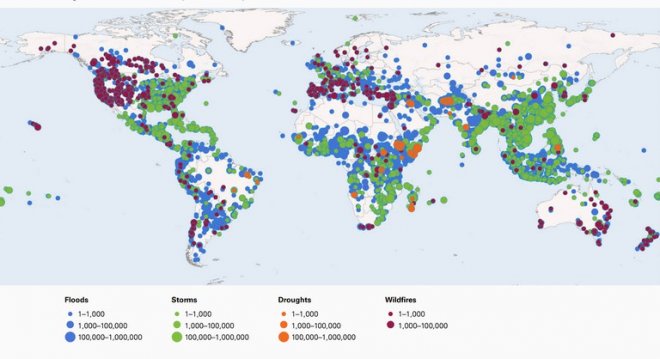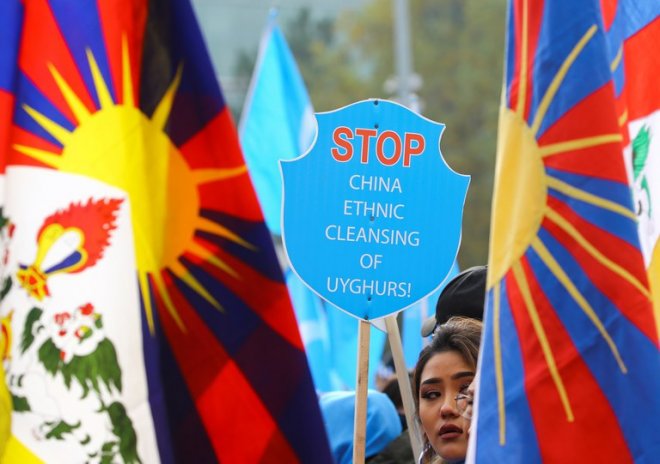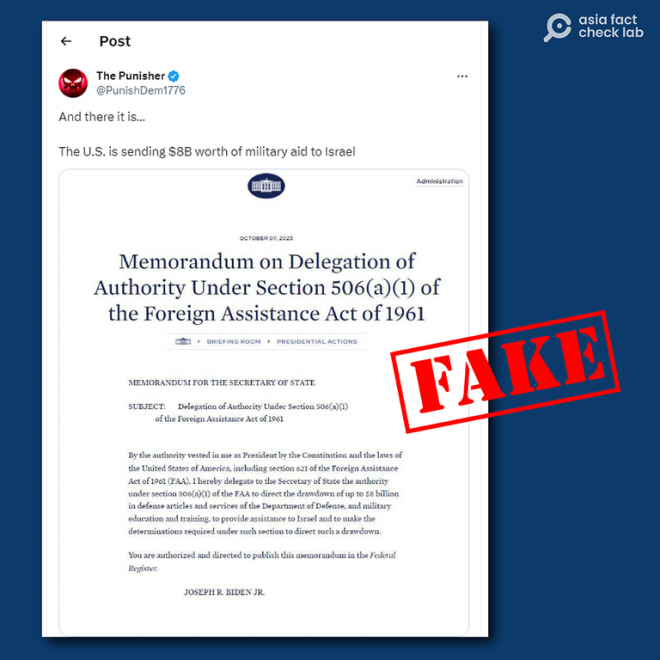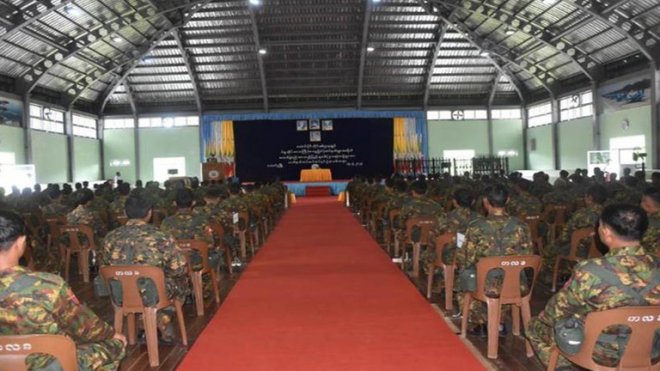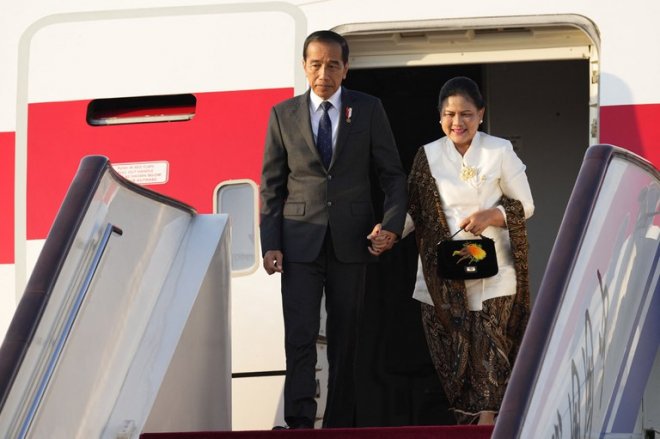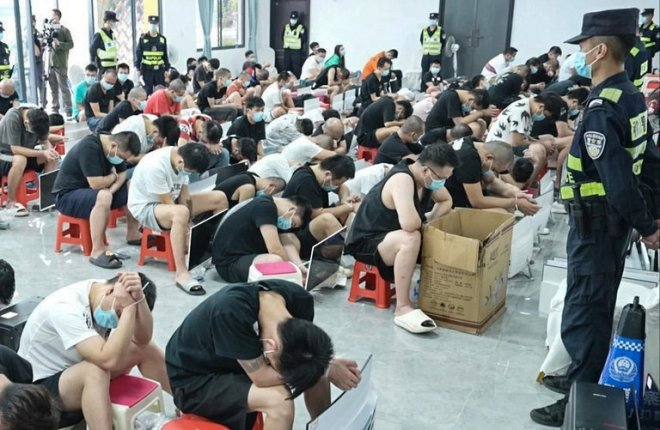Influx of Chinese nationals means tough competition for merchants in Laos
An influx of Chinese investors and business owners to Laos in recent years is crowding out Lao entrepreneurs, who say the visitors have an unfair advantage in capital and are taking away their clientele.
Some 7,500 Chinese nationals have settled in Laos within the last 4-5 years, according to official estimates – most following the opening of a U.S.$6 billion high-speed railway connecting the two Communist neighbors in December 2021.
While the railway promises to offer land-locked Laos closer integration with the world’s second largest economy, most of the trade has been one way – with China exporting its machinery, auto parts, electronics and consumer goods. Laotian exports, on the other hand, were hindered by China’s strict COVID policies at the border.
But now, business owners say another Chinese export is driving up competition in their own country: Chinese people.
“Chinese merchants compete for customers with Lao merchants, making Lao merchants earn less income,” said one Lao entrepreneur who, like others interviewed by Radio Free Asia for this report, spoke on condition of anonymity citing fear of reprisal.
The entrepreneur said there are now Chinese merchants in “most markets” in the country, adding that with their higher amounts of capital and know-how, “we won’t be able to compete with them.”
Prior to the influx, there were already 31 Chinese companies operating within Laos and 20 Chinese-led projects underway in the capital Vientiane. But sources said Chinese nationals operating independently are increasingly entering into sectors previously dominated by Laotians, such as guesthouses, restaurants, and grocery stores.
At the same time as Chinese businesses are thriving, Lao businesses are beginning to shrink in places like Vientiane, said another Lao entrepreneur.
“Stores that sell clothes and food now mostly belong to Chinese and Vietnamese merchants,” he said. “Most Lao merchants are now forced to sell their goods at markets outside the city, while Chinese and Vietnamese merchants run the markets inside the city.”
Other Lao merchants noted that their Chinese counterparts tend to operate within their own community in Laos, keeping their profits within a sort of enclave.
A leg up in local markets
When asked whether Chinese merchants have any specific advantages over their Lao counterparts in Laos, one Chinese national told RFA that the playing field is equal, as both must adhere to the same regulations.
“My store pays the same import fees and taxes as stores owned by Laotians,” he said. “We enjoy no special privileges.”
But Lao store owners said that a strong yuan and weak kip has given Chinese nationals a leg up in local markets.
“[While] the rental rate is the same for both Lao and Chinese store owners, the rent is high at markets in the city” and Chinese entrepreneurs can more easily afford it, said another Lao businessman.
A Lao intellectual who focuses on the relationship between social and economic matters in the country told RFA that the increase in Chinese entrepreneurs has affected Laos in both positive and negative ways.
“[Chinese investment] is developing the cities, but the bad part is that Lao merchants can’t compete with them,” he said. “When we talk about investment know-how and experience in trade, Lao merchants have less than them.”
And the size of China’s footprint is only growing in Laos.
Kham Jane Vong Phosy, the Lao minister of planning and investment, told a meeting of government officials in July that there have been a total of 933 Chinese-led projects launched in Laos since 2015, valued at around U.S.$16.4 billion. Among the projects are new rail lines, highways, and dams.
As more Chinese flock to Laos, a Lao trade official told RFA that the government is monitoring the newcomers to ensure they play by the rules.
“In the past, we have received reports that some Chinese investors have violated our rules and regulations,” he said. “Trade officials strictly monitor Chinese investment in Laos in order to make sure investors are following the rules, and if we find any violations, authorities will address the problem.”
Translated by Sidney Khotpanya. Edited by Joshua Lipes and Matt Reed.
[圖擷取自網路,如有疑問請私訊]
Some 7,500 Chinese nationals have settled in Laos within the last 4-5 years, according to official estimates – most following the opening of a U.S.$6 billion high-speed railway connecting the two Communist neighbors in December 2021.
While the railway promises to offer land-locked Laos closer integration with the world’s second largest economy, most of the trade has been one way – with China exporting its machinery, auto parts, electronics and consumer goods. Laotian exports, on the other hand, were hindered by China’s strict COVID policies at the border.
But now, business owners say another Chinese export is driving up competition in their own country: Chinese people.
“Chinese merchants compete for customers with Lao merchants, making Lao merchants earn less income,” said one Lao entrepreneur who, like others interviewed by Radio Free Asia for this report, spoke on condition of anonymity citing fear of reprisal.
The entrepreneur said there are now Chinese merchants in “most markets” in the country, adding that with their higher amounts of capital and know-how, “we won’t be able to compete with them.”
Prior to the influx, there were already 31 Chinese companies operating within Laos and 20 Chinese-led projects underway in the capital Vientiane. But sources said Chinese nationals operating independently are increasingly entering into sectors previously dominated by Laotians, such as guesthouses, restaurants, and grocery stores.
At the same time as Chinese businesses are thriving, Lao businesses are beginning to shrink in places like Vientiane, said another Lao entrepreneur.
“Stores that sell clothes and food now mostly belong to Chinese and Vietnamese merchants,” he said. “Most Lao merchants are now forced to sell their goods at markets outside the city, while Chinese and Vietnamese merchants run the markets inside the city.”
Other Lao merchants noted that their Chinese counterparts tend to operate within their own community in Laos, keeping their profits within a sort of enclave.
A leg up in local markets
When asked whether Chinese merchants have any specific advantages over their Lao counterparts in Laos, one Chinese national told RFA that the playing field is equal, as both must adhere to the same regulations.
“My store pays the same import fees and taxes as stores owned by Laotians,” he said. “We enjoy no special privileges.”
But Lao store owners said that a strong yuan and weak kip has given Chinese nationals a leg up in local markets.
“[While] the rental rate is the same for both Lao and Chinese store owners, the rent is high at markets in the city” and Chinese entrepreneurs can more easily afford it, said another Lao businessman.
A Lao intellectual who focuses on the relationship between social and economic matters in the country told RFA that the increase in Chinese entrepreneurs has affected Laos in both positive and negative ways.
“[Chinese investment] is developing the cities, but the bad part is that Lao merchants can’t compete with them,” he said. “When we talk about investment know-how and experience in trade, Lao merchants have less than them.”
And the size of China’s footprint is only growing in Laos.
Kham Jane Vong Phosy, the Lao minister of planning and investment, told a meeting of government officials in July that there have been a total of 933 Chinese-led projects launched in Laos since 2015, valued at around U.S.$16.4 billion. Among the projects are new rail lines, highways, and dams.
As more Chinese flock to Laos, a Lao trade official told RFA that the government is monitoring the newcomers to ensure they play by the rules.
“In the past, we have received reports that some Chinese investors have violated our rules and regulations,” he said. “Trade officials strictly monitor Chinese investment in Laos in order to make sure investors are following the rules, and if we find any violations, authorities will address the problem.”
Translated by Sidney Khotpanya. Edited by Joshua Lipes and Matt Reed.
[圖擷取自網路,如有疑問請私訊]
|
本篇 |
不想錯過? 請追蹤FB專頁! |
| 喜歡這篇嗎?快分享吧! |
相關文章
AsianNewsCast








